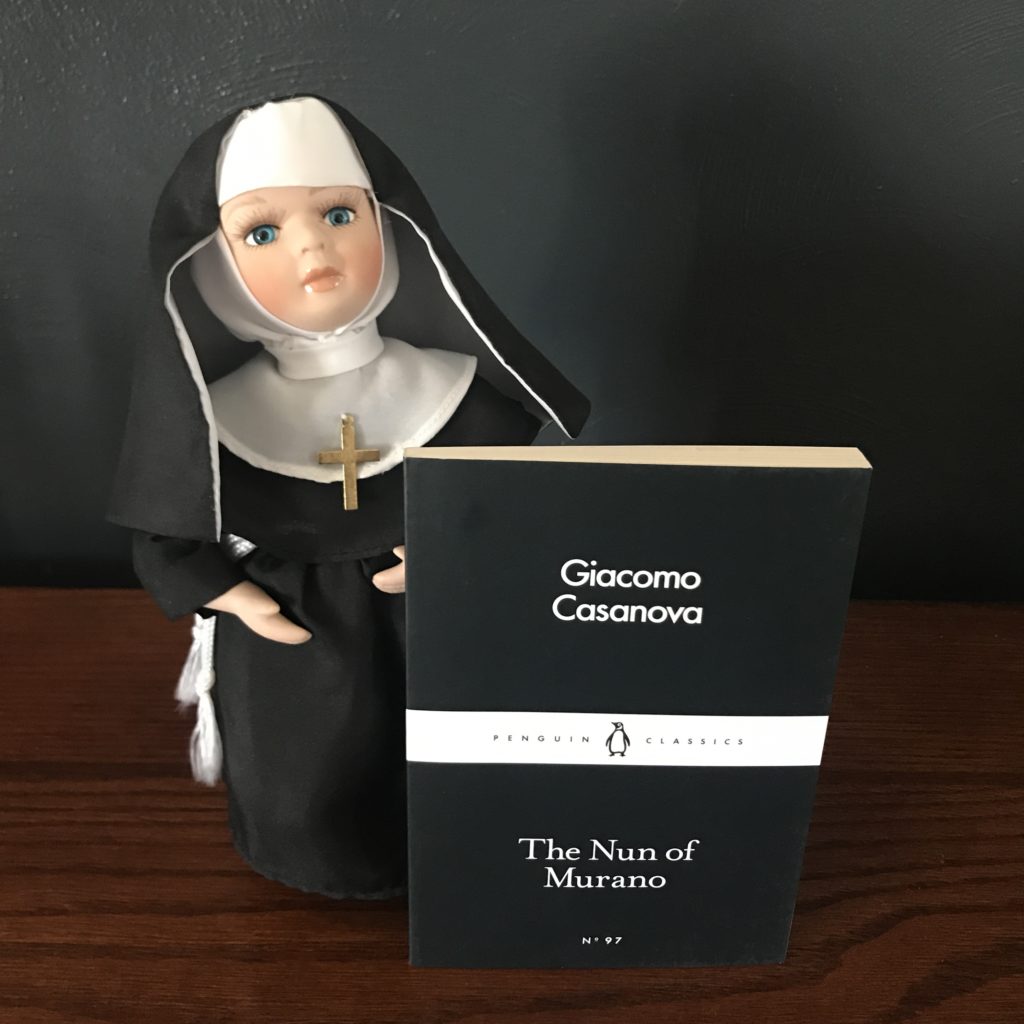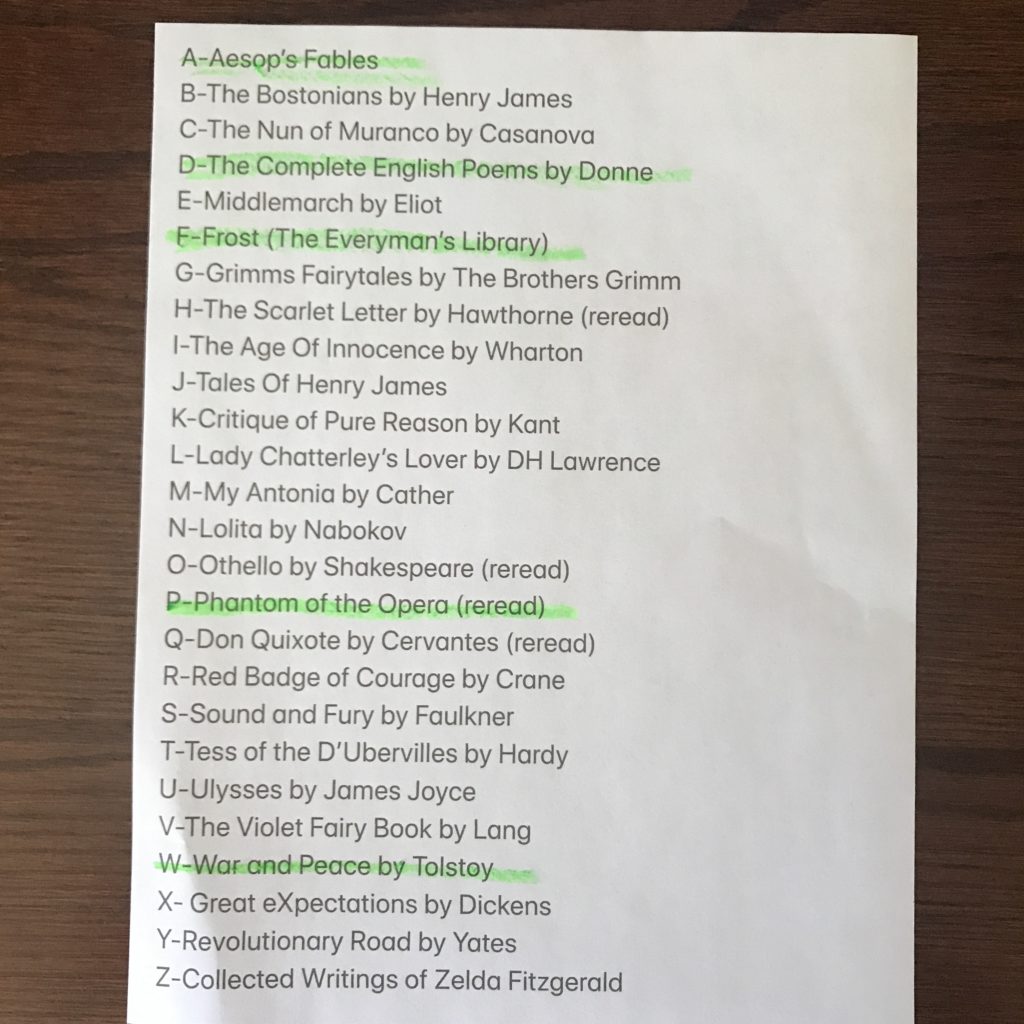Giacomo Casanova (1725-1798) was born in Venice, the son of actors who wanted him to become a priest. Instead he had numerous occupations, and is remembered as one of history’s great lovers.
“You are not my first passion, my divine friend, but you shall be my last.”
In this episode from his infamous memoirs, swashbuckling serial seducer Casanova falls for a beautiful nun on the Venetian island of Murano – despite already being involved with another one…
One of 46 new books in the bestselling Little Black Classics series, to celebrate the first ever Penguin Classic in 1946. Each book gives readers a taste of the Classics’ huge range and diversity, with works from around the world and across the centuries – including fables, decadence, heartbreak, tall tales, satire, ghosts, battles and elephants.
I know not much about Casanova, other than the saying “He’s such a Casanova….” I LOVE nuns. Always have since I was a small child. I would especially get excited to see a nun in full habit out on the city streets in Chicago. They have always had my heart. Penguin has a gorgeous little black book set I am coveting heavily. HA. So when I saw this little book I picked it up blind! WHO knows what I am getting myself into! Since it fits for my C of my A to Z Classic Reads and I’ve finished my reread of Phantom, now seems to be a good time to read this and do a little research on Casanova and maybe pick up one of his other books. I’ll let you know!
Giacomo Girolamo Casanova was an Italian adventurer and author from the Republic of Venice. His autobiography, Histoire de ma vie (Story of My Life), is regarded as one of the most authentic sources of the customs and norms of European social life during the 18th century.
As was not uncommon at the time, Casanova, depending on circumstances, used more or less fictitious names, such as baron or count of Farussi (the name of his mother) or “Chevalier de Seingalt”. He often signed his works “Jacques Casanova de Seingalt” after he began writing in French following his second exile from Venice.
He has become so famous for his often complicated and elaborate affairs with women that his name is now synonymous with “womanizer”. He associated with European royalty, popes, and cardinals, along with luminaries such as Voltaire, Goethe, and Mozart. He spent his last years in Bohemia as a librarian in Count Waldstein’s household, where he also wrote the story of his life.
This fascinates me!
Peace.






